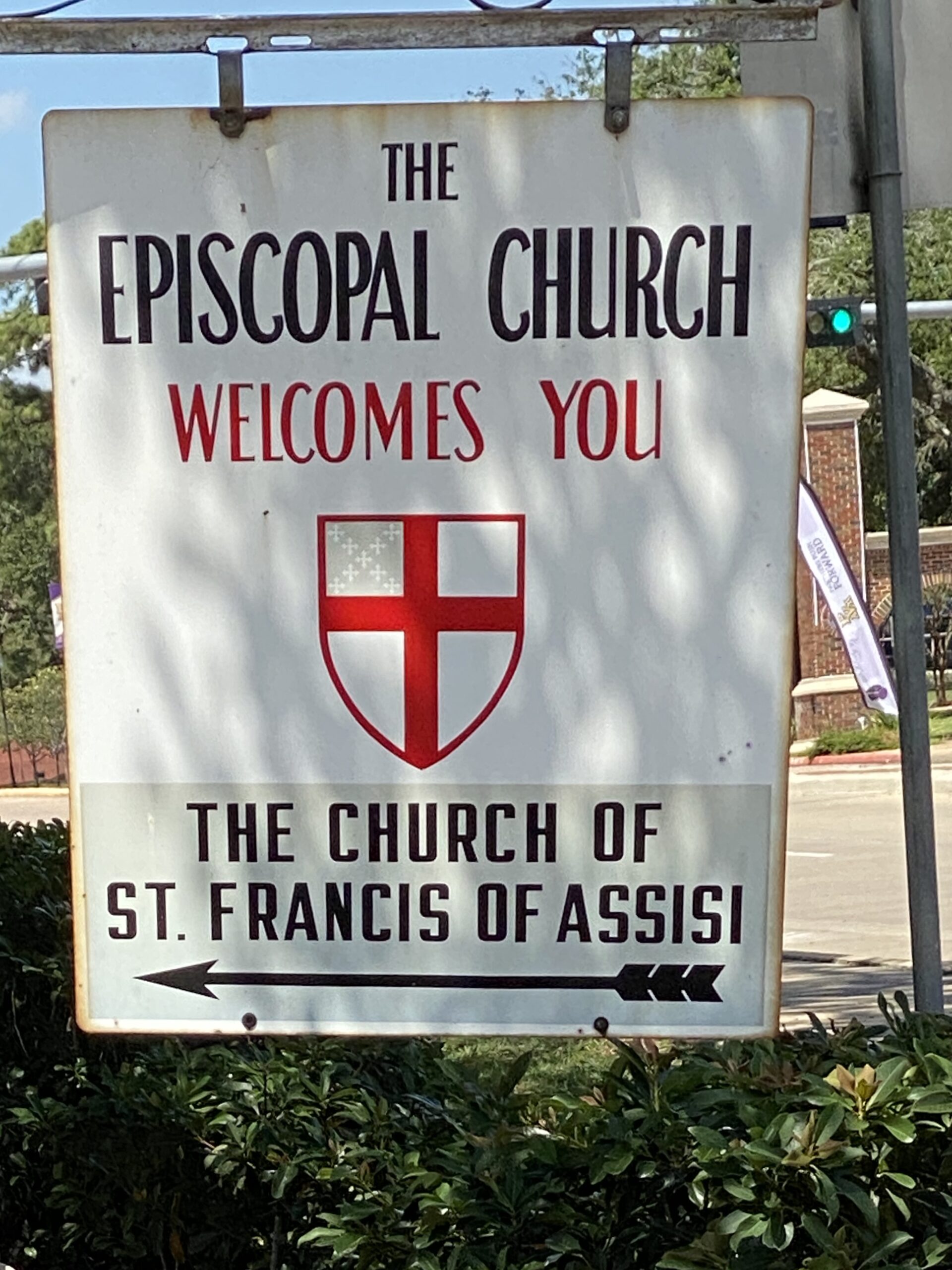The Rev. Rhonda Rogers and parishioners of St. Francis of Assisi, Prairie View, are engrossed in necessary work within the community it serves in its efforts to obtain its own zip code. While the city of Prairie View was established in the 1960s, it was never assigned its own zip code. For a variety of reasons this is problematic and creates racial disparities on varying and essential levels. It disenfranchises its citizens, stripping them of some of their most basic rights.
Without a zip code, the city is unable to benefit from sales tax proceeds, nor is it able to receive appropriate funding for a thriving K-12 public education system, and it’s shortchanged on Census outcomes. Further, it impacts the voting process for both its residents, and for students attending Prairie View A&M University. To describe it bluntly, it is brazen and blatant voter suppression.
Rogers is fortunate to have Prairie View A&M University Student Affairs administrator Herb Thomas double as a member of her parish. He is responsible for the coordination of the Town Hall Meetings. Helping the city obtain its zip code has become a near parish-wide endeavor.
Currently, the city shares a zip code with neighboring towns. Residents of Prairie View experience difficulties receiving mail in a timely fashion, or sometimes, even at all. Not only is it inconvenient, the situation repeatedly poses missed opportunities for residents’ voices to be heard or for them to have seats at decision-making tables.
While Prairie View A&M University has its own zip code, students at the historically Black college are still often routed to wrong voting locations based on the zip code the city is forced to use. The county seat of Waller, known for racial injustices, has a history of making it close to impossible for students at the university to vote. During the early voting period, students have fewer days to vote, and must travel several miles to the nearest voting center. Many have no transportation, while voting numbers among students at the university are the highest in the area. On voting day, matters are often exacerbated due to sheer numbers and limited options for locations to vote. To make matters worse, there is only one voting booth at the university (due to technical election laws regarding one’s address and voter registration requirements) and even it is at risk of not being available for the upcoming election.
While Rogers is committed to relevant concerns of the community related to the lack of a zip code for a variety of reasons, most take for granted the importance of an area having one, and few consider the unfortunate far-reaching and long-lasting implications of not having one.
Fortunately, Rogers and her parish are doing God’s work in the community, which is nearly steps away from a university with a very rich history. Helping her parish’s community of Prairie View will go a long way. Not only will it help the residents, but it will also help the thousands of students who attend the university and consider it their home away from home. Some attend St. Francis of Assisi and participate in the church’s young adult and college ministry.
There is much work to do and Rogers knows this is only the beginning because what further complicates this matter is that a city can submit an application for a zip code (or to extend zip code boundaries) only once every 10 years.
So although the parish is focused on the long game for its community, the work they are embarking upon now will have no bearing on the upcoming election; however, if they, along with the other community stakeholders are successful, and are issued a zip code in 2021 (the approximate timeframe), then the community reaps the benefit from all rightfully due perspectives including, but not limited to, economics, education, and the opportunity to conveniently participate in our democracy.
